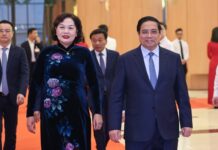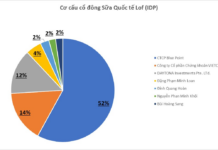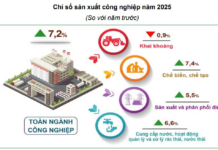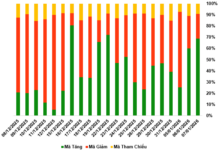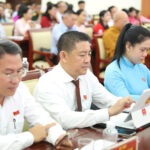On the afternoon of September 25th, the Emulation Cluster of Political Schools in the Southeast Region, under the Ho Chi Minh National Academy of Politics, hosted a scientific seminar themed “Building a Cadre Workforce to Meet the Demands of New Tasks.”
Standardizing Commune-Level Civil Servants
MSc. Dau Ngoc Linh, a lecturer from the Department of State and Law at the Ho Chi Minh City Cadre Academy, noted that commune-level specialized departments are expanding both in scope and depth, with workloads spanning multiple fields. This reality places high demands on the civil servant workforce. Cadres and civil servants must not only possess solid professional knowledge but also comprehensive skills and flexible problem-solving abilities.
According to Mr. Linh, the allocated staffing for these specialized departments is extremely limited, typically consisting of only one head and one deputy. The Administrative Service Center also has just one director, who is concurrently a deputy chairman of the commune People’s Committee, along with one deputy director and five civil servants. Consequently, each civil servant handles between 4 to 9 tasks on average, with each task comprising numerous detailed components and a substantial workload.
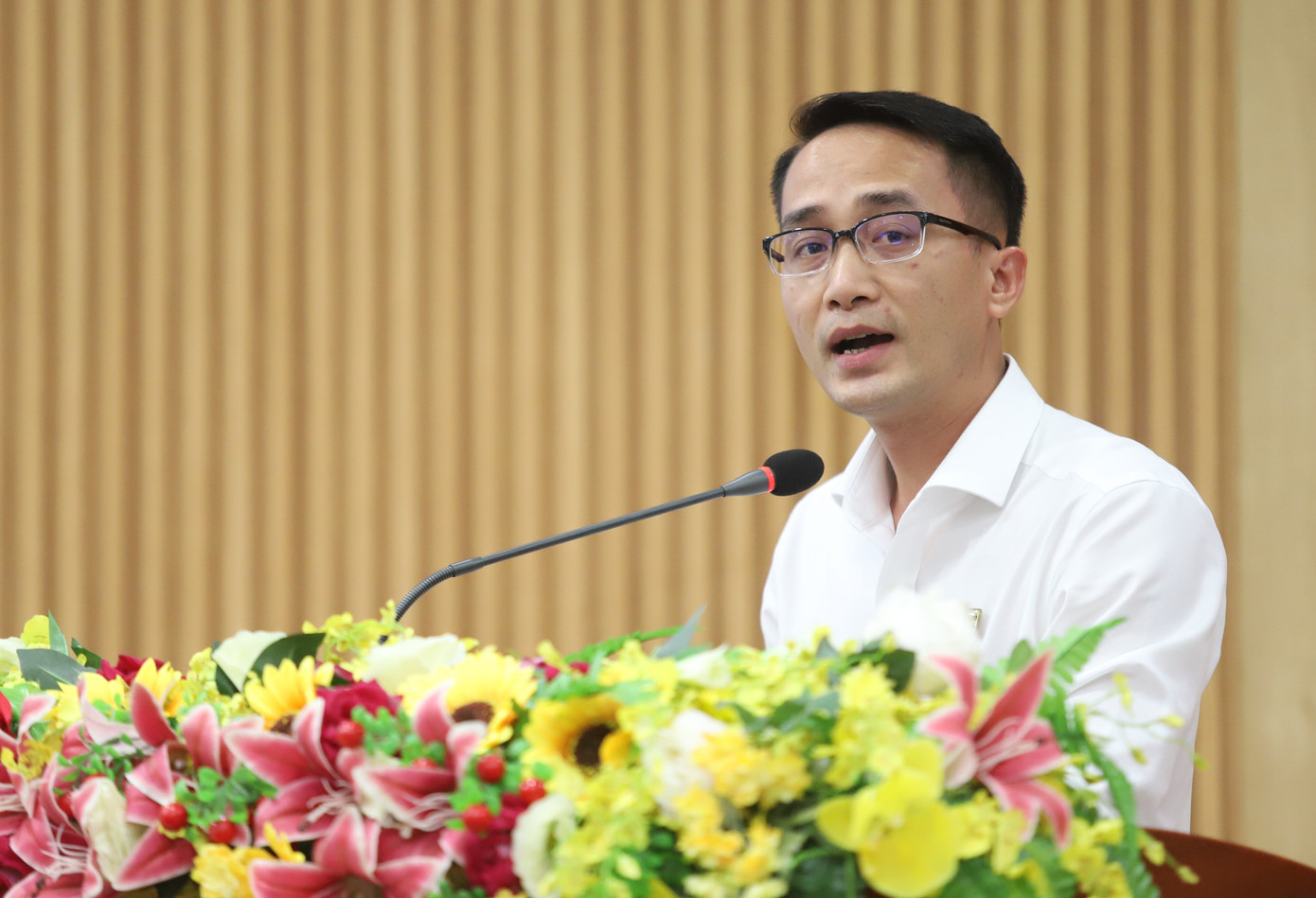
Mr. Dau Ngoc Linh speaking at the seminar. Photo: Ngo Tung
“We must enhance the quality of planning, recruitment, and deployment of cadres and civil servants. It’s essential to shift from an equal distribution mindset to a merit-based selection mechanism, aligned with job positions and the practical needs of the two-tier government,” suggested MSc. Dau Ngoc Linh. He proposed the early allocation of total civil servant staffing to communes, enabling the Commune People’s Council to proactively distribute resources based on local needs. Simultaneously, he emphasized the need to strengthen training and development for commune-level civil servants, focusing on standardization, professionalism, and practical application.
Additionally, a comprehensive review of civil servants is necessary to assess their professional qualifications, capabilities, and career aspirations, ensuring appropriate redeployment. This avoids situations where “some areas have 2-3 specialists in one field, while others lack any specialists in that area.” Based on this review, further training, recruitment, or streamlining can be conducted as needed.
MSc. Nguyen Thi Nhu Yen from Lam Dong Political School noted that some communes and wards in Lam Dong also face shortages of specialized staff, with a portion of cadres lacking sufficient capabilities. Therefore, Ms. Yen proposed the development and implementation of a scientifically designed job position plan for each agency, unit, and locality post-merger. This plan should clearly outline functions, duties, and competency requirements for each position, providing an objective basis for reviewing, evaluating, and arranging cadres while eliminating subjective or factional influences.
To address capacity enhancement and personnel shortages at the commune level, Ms. Yen suggested continued targeted rotation, secondment, and increased mobilization of experienced provincial-level cadres to severely understaffed communes. This mobilization should not merely fill vacancies but also focus on hands-on training and mentorship.
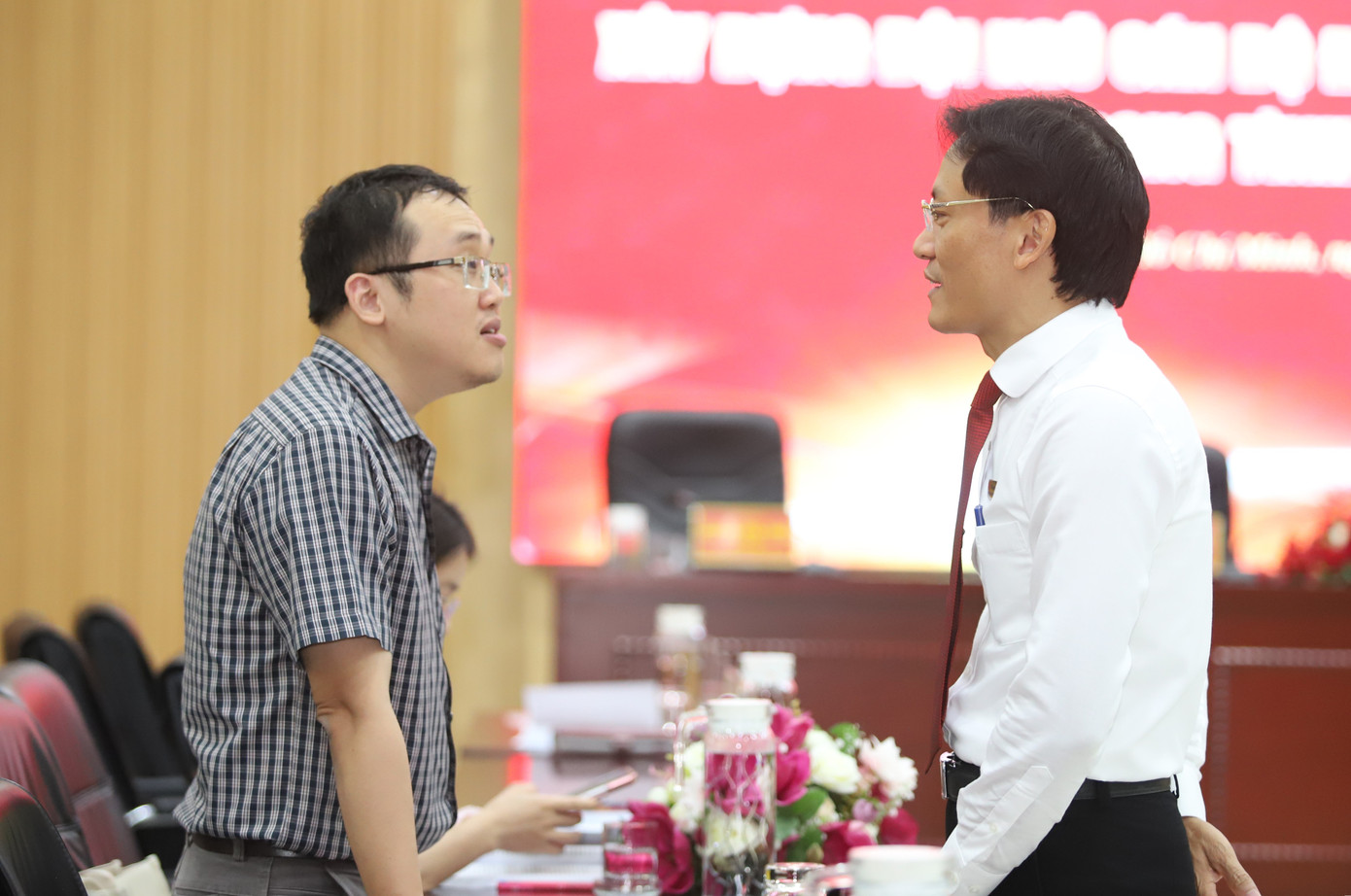
Delegates discussing on the sidelines of the seminar.
Diverse Strategies for Attracting Talent to the Public Sector
Discussing talent attraction and retention in the public sector, Mr. Nguyen Hoai Than, Vice Principal of Tay Ninh Political School, observed that during the restructuring and streamlining of local two-tier governments, capable individuals often leave for the private sector, while less effective ones tend to remain in the public sector.
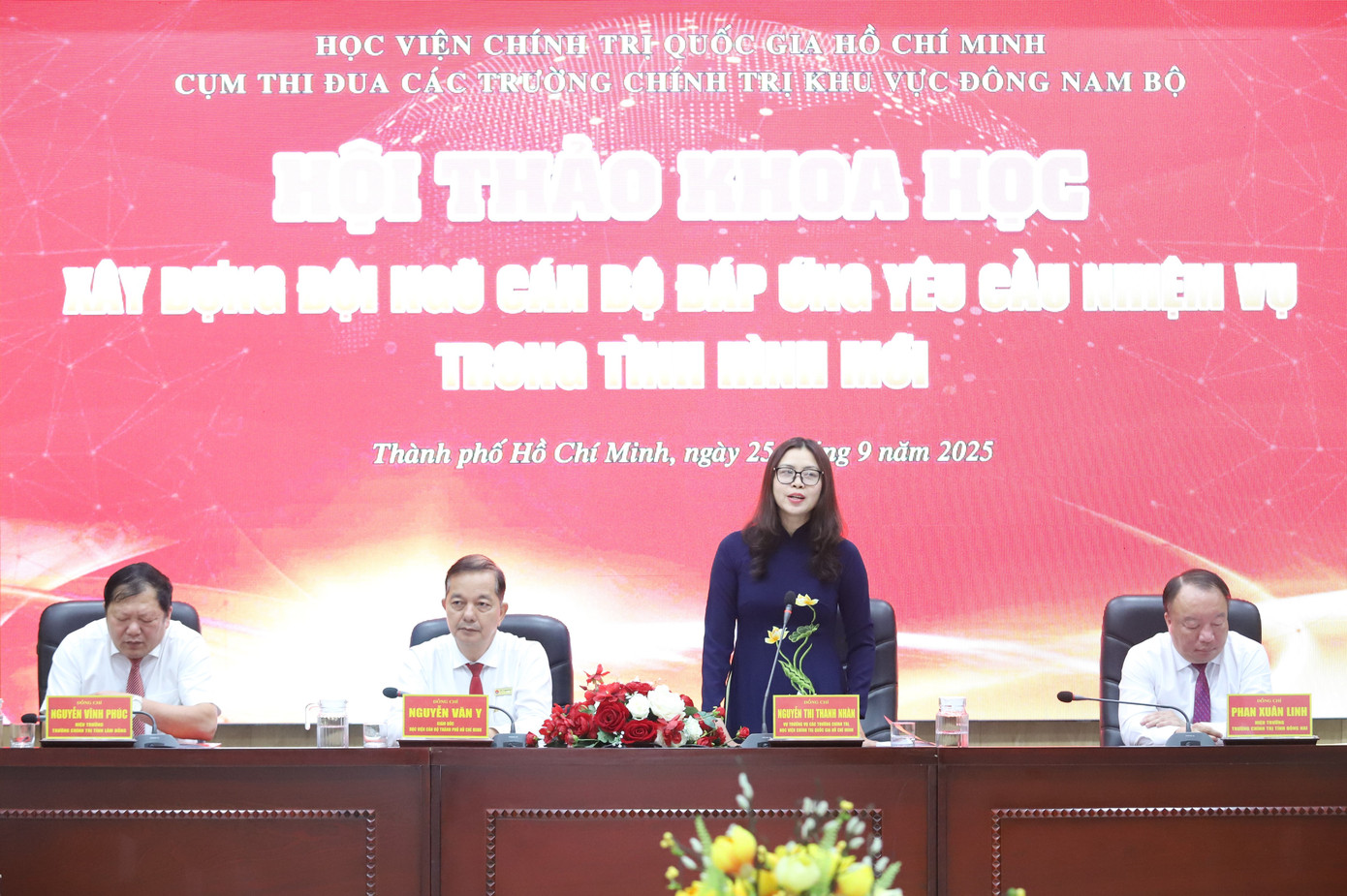
Representatives from the Ho Chi Minh National Academy of Politics and political schools in the Southeast Region managing the seminar. Photo: Ngo Tung
According to Mr. Than, three key factors for attracting talent to the public sector are: competitive compensation, career advancement opportunities, and a modern, progressive work environment. Effectively addressing these factors will significantly ease the challenge of attracting talent. “A lesson from Japan that we can apply is enhancing the public sector’s competitiveness with the private sector through improved compensation policies and diversified work arrangements, including remote work tied to KPI-based evaluations. This approach is particularly relevant given current technological advancements and merger contexts,” Mr. Than added.
Authorized Property Document Certifications: Empowering Township Officials
The Chairman of the People’s Committee at the communal level in Ho Chi Minh City is authorized to delegate the certification of contracts and transactions related to property, land use rights, and housing in accordance with the law on land and housing. This includes the certification of agreements on the division of inheritance, where the inheritance consists of movable property, land use rights, and housing as per the relevant laws.
“Compensation Beyond Salary: Unveiling the Legal ‘Extra Income’ for Civil Servants”
The state proposes to ensure that employees in essential public service institutions are paid a salary equal to or higher than the highest regional minimum wage, as outlined in the draft amendment to the Law on Public Servants.
“Revolutionizing Civil Servant Assessments: Introducing the KPI-Driven Approach for 2026 and Beyond”
Let me know if you would like me to tweak it or provide additional suggestions!
The Ministry of Home Affairs is expediting the development and submission to the Government of a Decree on evaluating and ranking the quality of civil servants. This includes a proposal to monitor and assess civil servants’ performance using Key Performance Indicators (KPIs), with plans to implement this from January 1, 2026.








